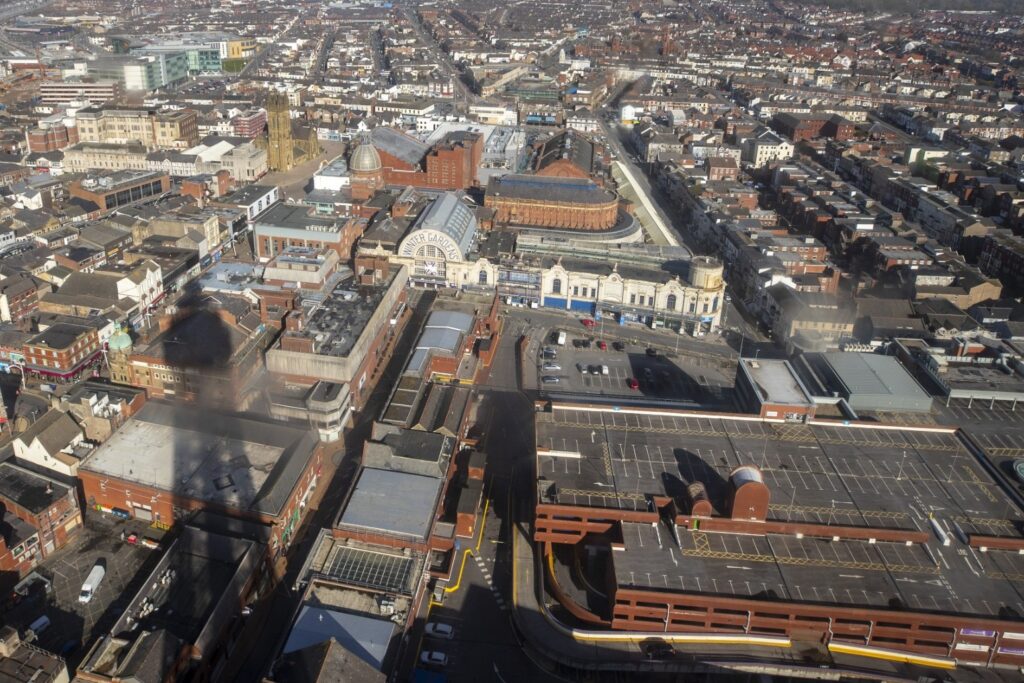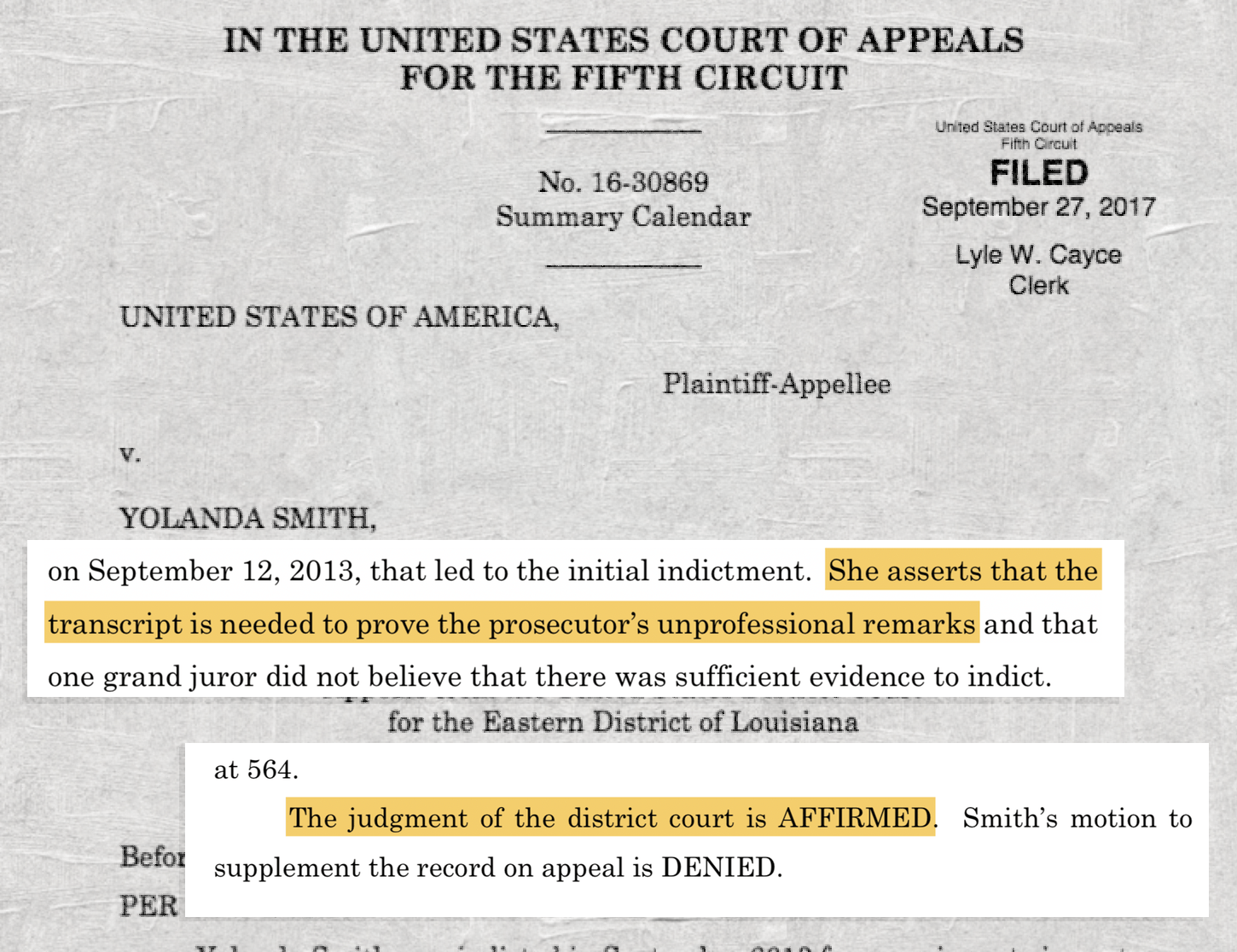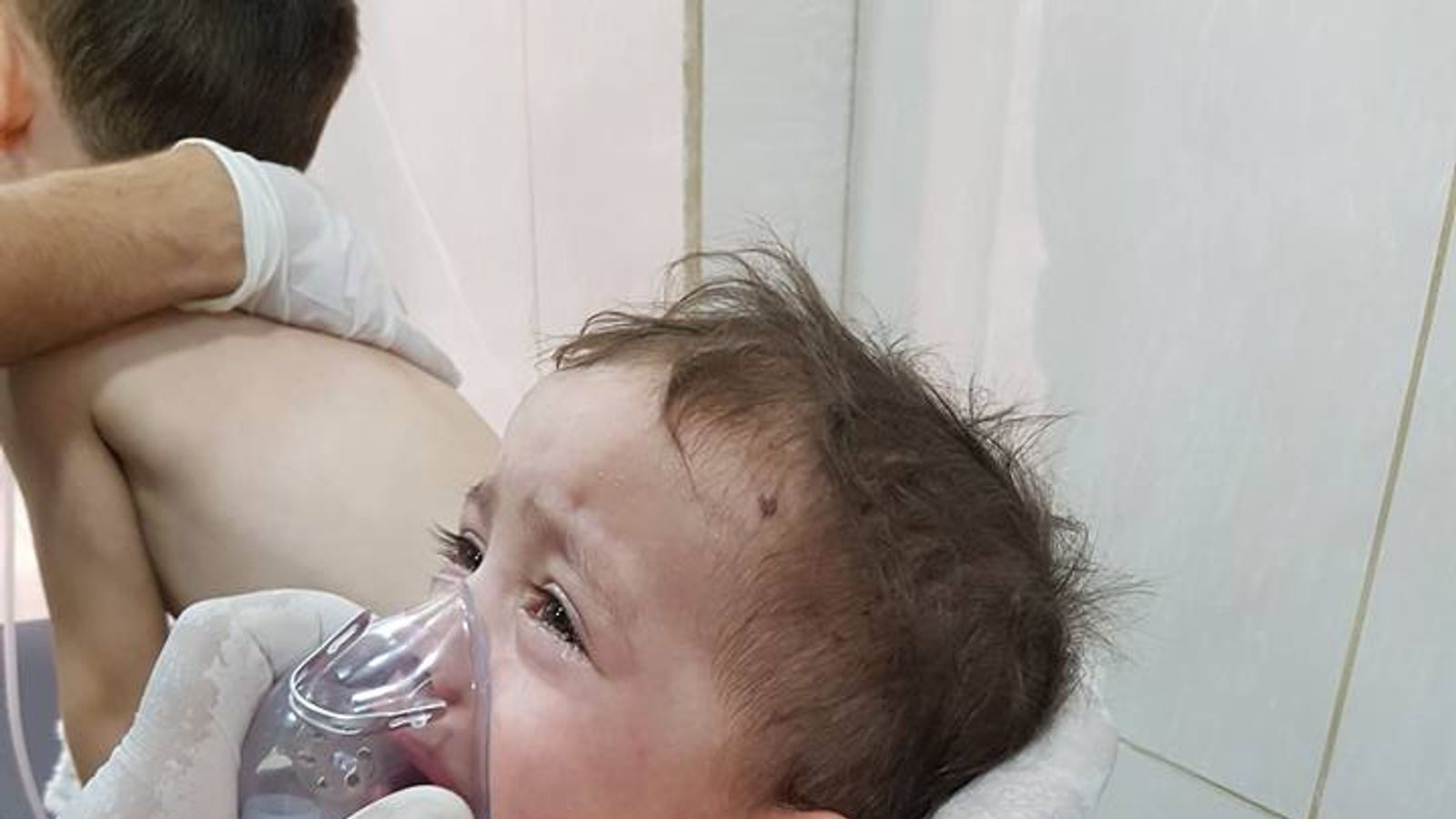Police Watchdog's Ofcom Complaint: The Chris Kaba Panorama Episode

Table of Contents
H2: The Chris Kaba Shooting and Subsequent IOPC Investigation
The fatal shooting of Chris Kaba, a 24-year-old unarmed Black man, by a Metropolitan Police officer on September 5th, 2022, in Streatham Hill, South London, ignited widespread public outrage. The incident unfolded during a pursuit, culminating in a confrontation where Kaba's car was boxed in. A single shot fired by a police officer resulted in his death.
- Location of shooting: Streatham Hill, South London.
- Police involvement: A firearms officer from the Metropolitan Police Service.
- Initial police statements: Initial accounts focused on the perceived threat posed by Kaba's vehicle.
- Timeline of events: The events leading up to the shooting are still under scrutiny and subject to ongoing investigations and legal processes.
- Initial public reaction: Immediate protests and widespread condemnation, highlighting concerns about racial bias in policing.
The IOPC launched an independent investigation into the shooting. Their findings, released after considerable delay, have faced substantial criticism. Key concerns included the length of time taken, perceived lack of transparency, and questions regarding the thoroughness of the examination of police actions leading up to the shooting.
- IOPC investigation timeline: The investigation spanned several months, drawing criticism for its length.
- Key findings: The IOPC's report outlined findings pertaining to the circumstances of the shooting, but details remain subject to ongoing legal processes.
- Criticisms of the investigation: Concerns were raised about the thoroughness, transparency, and speed of the IOPC's investigation, leading to public distrust.
- Public response to the IOPC report: The report sparked renewed calls for greater police accountability and reform.
H2: The Panorama Investigation and its Content
The BBC's Panorama program aired an investigation into the Chris Kaba shooting, focusing on the IOPC investigation's findings and presenting alternative perspectives and evidence. This broadcast became the subject of the Ofcom complaint.
- Key interviewees: The program included interviews with family members, legal representatives, and potentially experts on policing and forensic evidence.
- Evidence presented: Panorama presented various evidence, including witness testimonies, forensic analysis and potentially body-camera footage.
- Claims made by the program: The program presented claims alleging potential failings in the police investigation and the IOPC's handling of the case.
- Specific details challenged in the Ofcom complaint: The complainant alleged that certain aspects of the Panorama program were biased or misrepresented facts, causing distress to involved parties.
Panorama contrasted the IOPC's official narrative with accounts from those involved, highlighting discrepancies and raising significant questions about police conduct and the oversight process.
- Perspective presented on the IOPC: The program portrayed a critical view of the IOPC’s handling of the investigation, suggesting potential inadequacies.
- Contrasting views presented: Panorama aimed to present a balanced portrayal of different perspectives on the events, although the Ofcom complaint challenged the program's impartiality.
- Use of evidence: The use of evidence and its interpretation within the Panorama documentary is a key element of the Ofcom complaint.
H3: Allegations of Bias and Misrepresentation in the Panorama Episode
The Ofcom complaint alleges that the Panorama episode presented a biased and unbalanced account of the events, misrepresenting facts and evidence to the detriment of those involved. Specific accusations centered on selective use of evidence and potentially inflammatory language.
- Specific examples of alleged bias: The complaint likely detailed specific instances where the program's narrative deviated from factual accounts or presented an incomplete picture.
- Claims of unbalanced reporting: The complaint argued that the program failed to give sufficient weight to opposing viewpoints, presenting an unfairly critical perspective.
- Misrepresentation of facts or evidence: The complainant likely pointed to specific instances where facts were distorted or selectively presented to support a particular narrative.
These allegations raise critical questions about journalistic ethics and the responsibility of broadcasters to maintain impartiality, particularly in sensitive cases involving police misconduct.
- Impact on public trust: Allegations of bias can severely damage public trust in both the broadcaster and the investigative process.
- Effect on BBC reputation: A finding of bias against the BBC could have significant reputational consequences.
- Implications for future investigations: The outcome of the Ofcom complaint could influence future investigative journalism, particularly regarding police accountability.
H2: The Ofcom Complaint Process and Potential Outcomes
Ofcom's investigation will examine the complaints thoroughly, reviewing evidence presented by both the complainant and the BBC. The process follows a detailed procedure, with various stages leading to a final decision.
- Stages of the process: The process involves reviewing evidence, potentially interviewing those involved, and reaching a considered judgment.
- Evidence considered: Ofcom will consider all relevant material, including the Panorama program itself, supporting documentation, and responses from both sides.
- Potential outcomes: Ofcom could uphold the complaint, dismiss it, or issue sanctions ranging from a written warning to a financial penalty.
The decision's implications are significant for various stakeholders.
- Financial penalties: If the complaint is upheld, the BBC could face significant financial penalties.
- Reputational damage: An upheld complaint could severely damage the BBC's reputation and public trust.
- Impact on future broadcasting decisions: The decision could influence the BBC's approach to future investigations, potentially leading to greater caution or stricter editorial oversight.
H2: Wider Implications for Police Accountability and Public Trust
The Chris Kaba case highlights broader issues of police accountability and public trust in law enforcement, particularly concerning the treatment of Black individuals. The Ofcom complaint, and its outcome, are crucial to this ongoing debate.
- Impact on public confidence in the police: The case underscores existing concerns about police conduct and fuels demands for greater transparency and accountability.
- Calls for increased police reform: The case contributes to a growing chorus of voices calling for systemic changes within the police force to address issues of racism and brutality.
- Broader discussions on race and policing: The case has reignited discussions about racial bias in policing and the need for more effective mechanisms to address such bias.
The role of the media in holding the police accountable is paramount.
- Role of media in holding police accountable: Investigative journalism plays a vital role in scrutinizing police conduct and ensuring transparency.
- Need for transparency and accountability: The case highlights the critical need for greater transparency and robust oversight mechanisms to maintain public trust in law enforcement.
3. Conclusion
The Ofcom complaint against the BBC's Panorama program regarding the Chris Kaba shooting is a significant event in the ongoing struggle for police accountability in the UK. The allegations of bias and misrepresentation underscore the importance of maintaining journalistic integrity and impartiality, especially when dealing with sensitive cases involving potential police misconduct. The IOPC's role, and its effectiveness in investigating such incidents, remains under intense scrutiny. The outcome of the Ofcom investigation will have far-reaching implications for police accountability, media responsibility, and public trust in both the police and the broadcasting industry.
Call to Action: Stay updated on Ofcom's decision regarding the Chris Kaba Panorama investigation and its impact on police watchdog processes. Learn more about the Chris Kaba case and the ongoing fight for police reform by researching relevant organizations and initiatives dedicated to police accountability. [Insert links to relevant resources here, such as the Ofcom website, IOPC website, and reputable news articles on the case].

Featured Posts
-
 Who Is Channing Tatum Dating Now Meet His Australian Girlfriend
Apr 30, 2025
Who Is Channing Tatum Dating Now Meet His Australian Girlfriend
Apr 30, 2025 -
 Cardinal Case Claims Of Prosecutorial Misconduct Based On New Revelations
Apr 30, 2025
Cardinal Case Claims Of Prosecutorial Misconduct Based On New Revelations
Apr 30, 2025 -
 Carnivals Cruise Line Portfolio All The Brands Under One Umbrella
Apr 30, 2025
Carnivals Cruise Line Portfolio All The Brands Under One Umbrella
Apr 30, 2025 -
 After School Camp Car Crash Leaves Four Dead Children Among Victims
Apr 30, 2025
After School Camp Car Crash Leaves Four Dead Children Among Victims
Apr 30, 2025 -
 Ru Pauls Drag Race Live 1000th Show Global Livestream Event
Apr 30, 2025
Ru Pauls Drag Race Live 1000th Show Global Livestream Event
Apr 30, 2025
